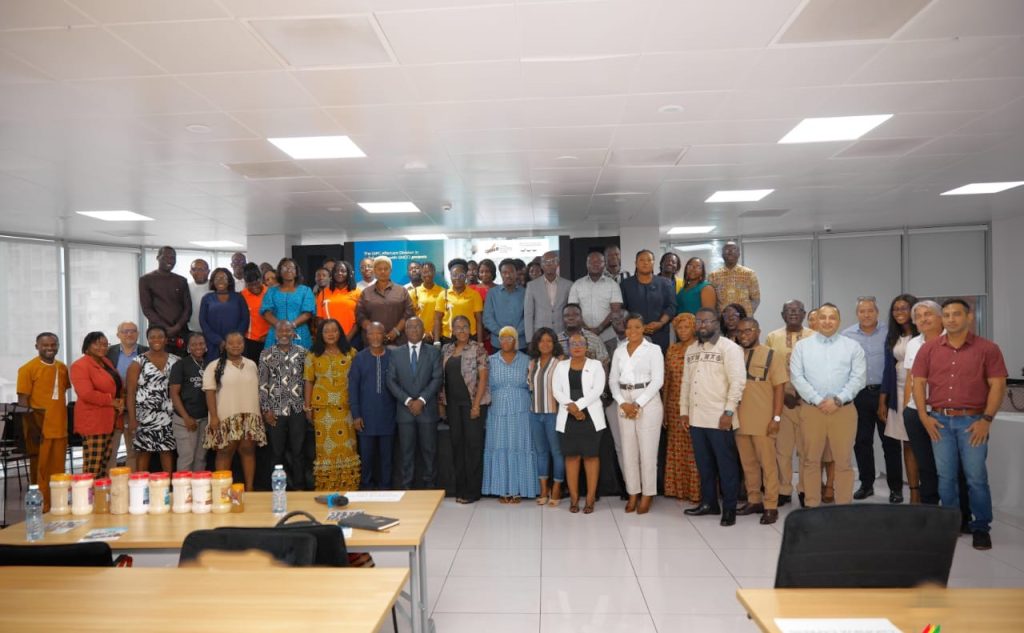Accra, Aug 6, GNA – The Ghana Investment Promotion Centre (GIPC) and the Ghana National Chamber of Commerce & Industry (GNCCI) have held a Business to Business (B2B) meeting to discuss strategies to grow the agriculture sector.
The event brought together Micro, Small, and Medium Enterprises (MSMEs) and Multinational Enterprises (MNEs), along with stakeholders from both the public and private sectors to discuss ways to bolster Ghana’s agricultural sector and its value chains in response to recent economic changes.
Speaking to participants, Mr Edward Ashong Lartey, Director of Investor Services, GIPC, noted that the need for value-chain services, typically in the Agricultural sector, had increased because of the COVID-19 pandemic, which disrupted value-chains and impacted businesses negatively.
Due to that, he said that many investment promotion agencies had stepped in to help foreign businesses and multinationals adapt to those new circumstances.
According to him, the current climate had significantly affected small-to-medium business operators as well.
Therefore, a good way to support MSMEs and harness their potential would be to “… integrate them into global or regional value chains.”
He noted that while most value-chain analysis was performed by the companies themselves, the GIPC could help accelerate the process by matching foreign affiliates with local suppliers.
He added that “one of the key things that GIPC does is fostering linkages from joint-venture partners to identifying people who can provide the needed services.”

Mr Ashong-Lartey expressed optimism that the B2B meeting would facilitate meaningful interactions between MSMEs and multinationals and create a pathway for mutually beneficial economic ties.
He then concluded by encouraging enterprises (both foreign and local) to reach out to GIPC’s Aftercare team to resolve their post-establishment issues.
Mrs Grace Dzeble, Head of Marketing, GNCCI, said her outfit was focused on fostering partnerships for businesses within the country.
That, according to her, was necessary to trade effectively under the African Continental Free Trade Area (AfCFTA).
“We have to do this so that when the bigger African market is fully opened, we will be able to build on the synergies, to satisfy the [huge] regional demand,” she said.
Mrs Dzeble added that “the GNCCI has been keen on building the capacity of businesses in Ghana to prepare them for the bigger picture of the African market.”
GNA